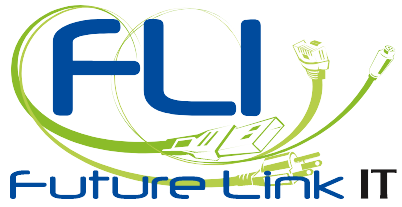 When most people think about the delivery of internet service to their home or office, they assume that best route is with copper wires via DSL service – few realize that fiber optic cable is a much better choice.
When most people think about the delivery of internet service to their home or office, they assume that best route is with copper wires via DSL service – few realize that fiber optic cable is a much better choice.
DSL and Cable carry information via a phone line or coaxial cable which shares usage with your phone communication and television service. This means part of your line is dedicated to low frequency communication and part of it is used for high frequency internet service. The result is slow service, unreliability and the need for being within close range to the source. Higher speed and reliability can be had by switching to broadband fiber optic technology.
Fiber optic technology works differently than traditional cable lines giving it an edge over your old-school choices. Fiber optics sends coded communication via beams of light pulses down a glass/plastic tube. These tubes are optical strands so thin that one fiber optic cable can easily carry several million calls without issue.
The benefits of fiber optic over copper cable:
- Guaranteed speeds and uptime: Fiber has guaranteed speeds with dedicated resources even during peak times because you have a dedicated service. This ultimately means usage by others will not affect your speeds. Also fiber comes with an SLA (Service Level Agreement) this is the guarantee of the quality and if you are not receiving the quality or uptime in the guarantee you will automatically receive refunds and credits much higher than broadband service.
- Less Signal Loss (AKA low attenuation): Copper cables experience signal low when traveling long distance. They can only transmit just around 9,000 feet before loss but fiber can travel almost 25 miles.
- No Interference: Copper cables can produce electromagnetic currents that cause interference but since fiber optic cable does not have electric current traveling through it there is no interference.
- Higher Bandwidth: Ultimately fiber is faster than copper (scientifically photons move faster than electrons). Fiber cables are just 31% slower than the speed of light!
- Long-term ROI: While the cost for fiber cable right now is initially more expensive than its counterpart, the long-term benefits make the investment well worth it. Fiber is cheaper to maintain, has less downtime due to reliability and requires less networking hardware.
The internet now plays a very significant role in business and personal activities so making the right choice now can mean better satisfaction in the long run. With multiple users on one system, demands can overload an inadequate system quickly. With this complexity multiplied by wireless users in both environments, it is quite beneficial to consult an IT Expert and even consider outsourcing your network management permanently.
